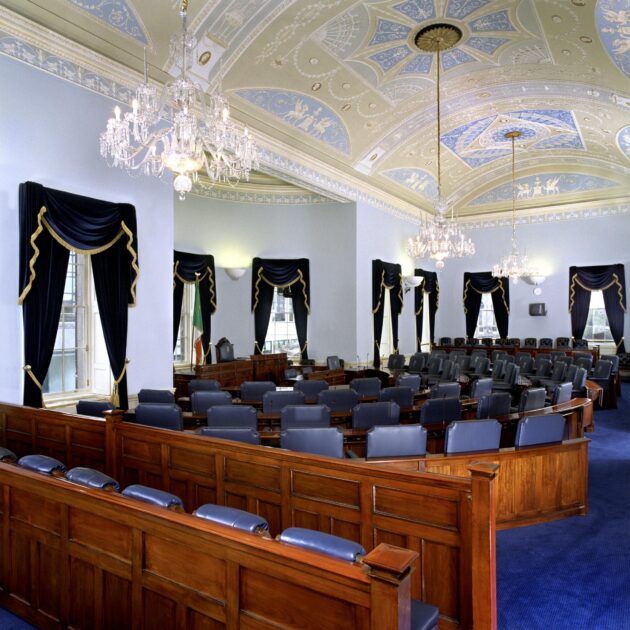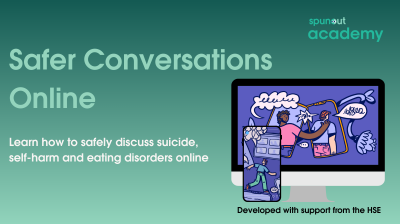“Votes at 16” bill blocked by senators
Fianna Fáil and Fine Gael voted to ‘freeze’ the proposal

Senators from Fine Gael and Fianna Fáil teamed up last week to block a bill giving 16- and 17-year-olds the vote.
The bill was proposed by Sinn Féin’s Fintan Warfield, and would have reduced the voting age in elections for local councillors and members of the European Parliament. The measure was debated in the Seanad for two hours on the night of Wednesday, March 29th and had attracted the support of many left-wing and independent senators.
Supporting in principle, delaying in practice
If accepted by the Seanad, the bill would then have moved on for further debate in Oireachtas committees and the Dáil. This is normally where politicians can examine the issue in more detail and suggest changes to bills before they become law. However this was not considered enough time by Fine Gael senators representing the government. They suggested the bill be “deferred” for nine months in order to “allow for further consideration”, according to a party spokesperson.
In an odd move, this plan got the support of Fianna Fáil senators who teamed up with Fine Gael to put the bill on ice. Fianna Fáil had promised to support lowering the voting age for local elections in its 2016 manifesto, and still claims to support the move in principle. Regardless of the party’s long-term intentions, a delay of nine months now makes it increasingly unlikely any change will be made ahead of the next local and European elections in 2019.
“Flimsy arguments”
Senator Warfield’s bill was supported by his own party and by senators representing Labour and the Greens. Many independents also backed the bill, including Senator Lynn Ruane who seconded its proposal. Ruane, a former president of Trinity College Student’s Union, described the current voting age as “arbitrary” and said it was important young people had a say in the issues affecting them. Other speakers in favour included Aodhán Ó Ríordáin, David Norris, Niall Ó Donnghaile and Alice Mary Higgins.
Afterwards, the Seanad’s decision to delay the bill was heavily criticised. The National Youth Council of Ireland compared the arguments against votes at sixteen to those in the early 20th century against giving the vote to women. Sinn Féin’s Trevor Ó Clochartaigh described Fianna Fáil’s actions as representing a “u-turn” away from their manifesto promises, while independent senator Gerard Craughwell took to Twitter to slam what he saw as “the flimsy arguments being used by FF & FG to shaft [the #VoteAt16 campaign] and kick it down the road”.
The bigger picture
Overall, the vote represents a major setback for the campaign to lower the voting age. Nevertheless those in favour may take heart from the Scottish Parliament, which recently opened the vote to 16-year-olds who turned out in huge numbers (75%) for their referendum on leaving the United Kingdom. Voting rights for 16- and 17-year-olds are also supported by the European Parliament, though the issue is up to each EU country to decide for themselves.
Campaigners such as the NYCI have been pushing for this every since the voting age was lowered to 18 in 1972. Those in favour describe problems in the current system which expects people to register to vote at a time when they will likely be distracted by the Leaving Cert, moving out from home or just starting in college. They also point to evidence that if people are allowed and encouraged to vote early in life, they are far more likely to develop a lifelong habit of engaging in the democratic process.
In any case, the Bill for now will go into limbo. If votes at sixteen is to succeed, it looks like it will take a great deal more patience and activism from young people and their allies. You can let your views be known by emailing [email protected] to contact all members of the Seanad, or by tweeting on the #voteat16 hashtag.






